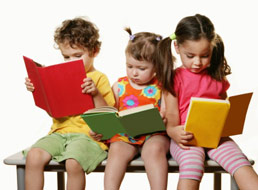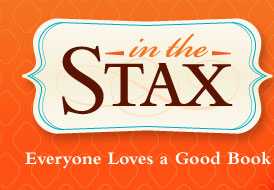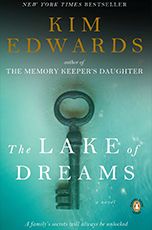Home Libraries Provide Academic Edge for Children
 Earlier this month, online magazine Miller-McCune.com posted a very interesting article discussing the findings of a recent study on the correlation between home libraries and children’s educational success. A team of researchers analyzed data from the World Inequality Study, which surveyed more than 70,000 people in 27 countries. Their analysis determined that “growing up in a home with 500 books would propel a child 3.2 years further in education, on average, than would growing up in a similar home with few or no books.” This advantage is independent of a nation’s economic stability, political climate, and even the educational level of a child’s parents.
Earlier this month, online magazine Miller-McCune.com posted a very interesting article discussing the findings of a recent study on the correlation between home libraries and children’s educational success. A team of researchers analyzed data from the World Inequality Study, which surveyed more than 70,000 people in 27 countries. Their analysis determined that “growing up in a home with 500 books would propel a child 3.2 years further in education, on average, than would growing up in a similar home with few or no books.” This advantage is independent of a nation’s economic stability, political climate, and even the educational level of a child’s parents.
“In China, a child whose parents own 500 books will average 6.6 more years of education than a comparable child from a bookless home. In the U.S., the figure is 2.4 years — which is still highly significant when you consider it’s the difference between two years of college and a full four-year degree.” Having a number of books in a home is important, but the “scholarly culture” of a family is also significant. Even though parents may not have advanced degrees, they can still impart the joy of reading to their children. According to sociologist M.D.R. Evans, the research team leader, a child’s early exposure to books “provides skills and competencies that are useful in school…and…makes schooling congenial, or enjoyable.”

